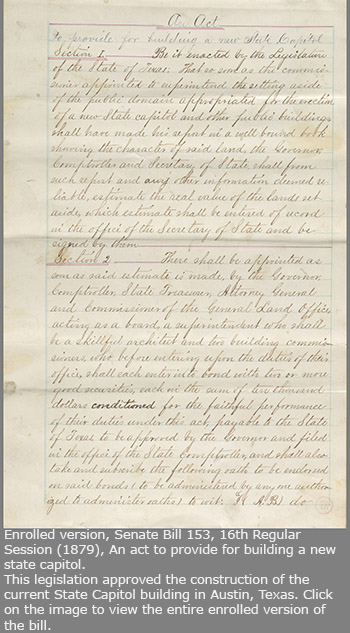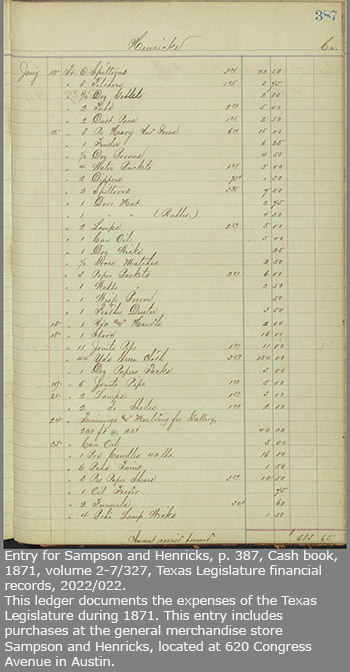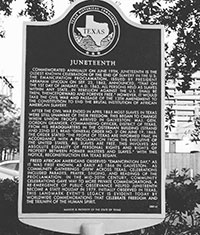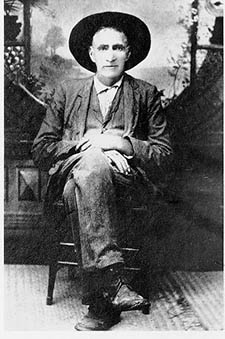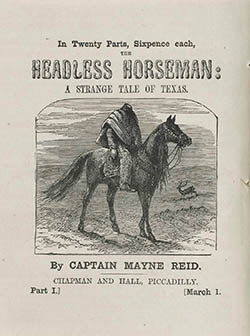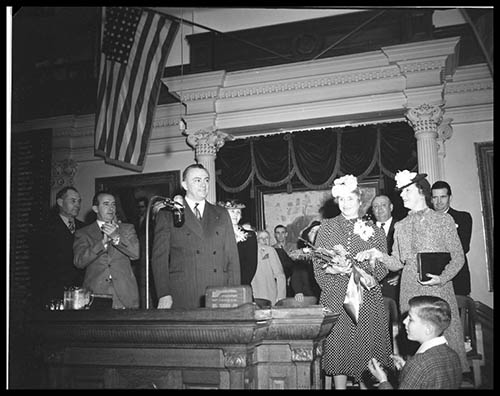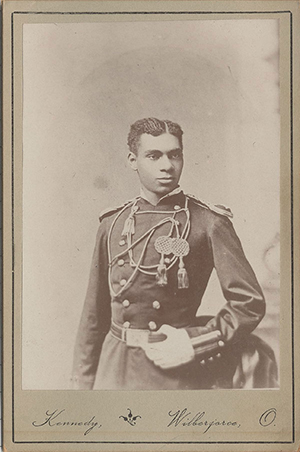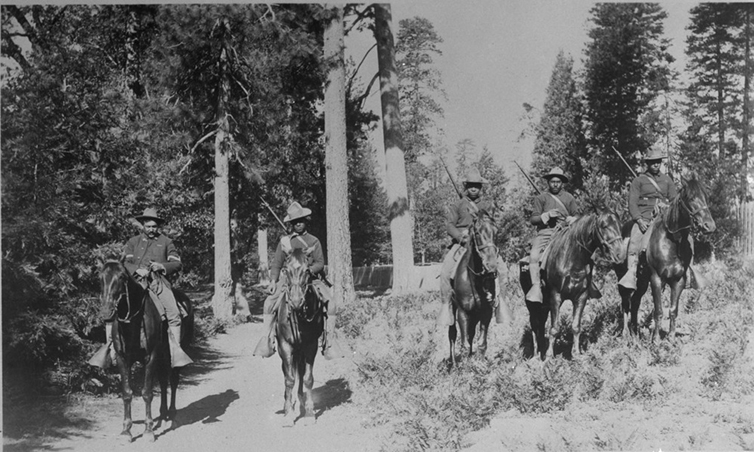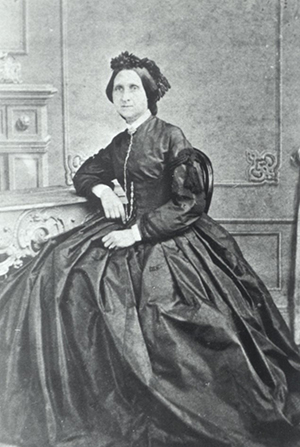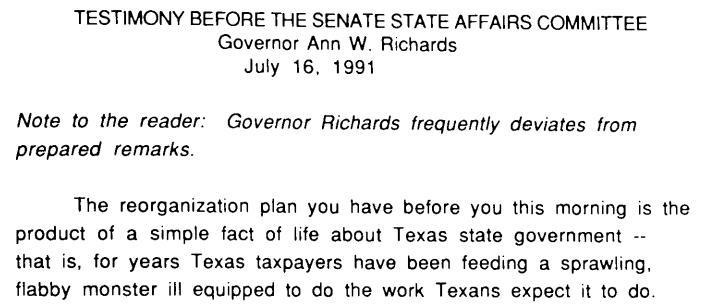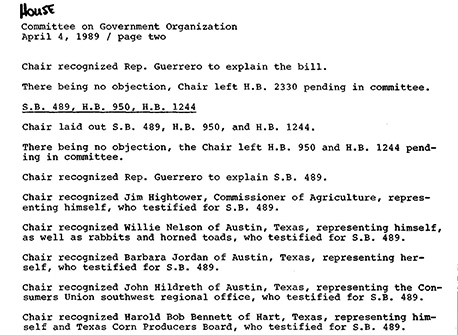Impeachment is an extraordinary method for removing and disqualifying from holding public office an official who has abused the public trust by serious misconduct. Technically, 'impeachment' is merely an accusation, analogous to a criminal indictment, and must be followed by trial and conviction for removal. However, the entire procedure is customarily called impeachment.
Texas Constitution and Statutes
Article XV of the Texas Constitution provides various methods for the removal of public officers and officials, including impeachment; address; removal of district court judges by the Supreme Court; and removal of gubernatorial appointees by the Governor.
- Article XV § 1 of the Texas Constitution vests the power of impeachment in the Texas House of Representatives.
- Article XV § 2 of the Texas Constitution lists the officers for whom a trial of impeachment shall be by the Senate: the Governor, Lieutenant Governor, Attorney General, Commissioners of the General Land Office, Comptroller of Public Accounts, and Judges of the Supreme Court, Court of Appeals, and the District Courts.
Statutes related to impeachment and removal are found in Chapter 665 of the Government Code.
- Government Code Section 665.002 additionally authorizes removal from office by impeachment for a state officer; a head of a state department or state institution; or a member, regent, trustee, or commissioner having control or management of a state institution or enterprise.
Examples of cases in which officials were impeached and removed from office
The library has compiled information on two prominent cases in which a state official was impeached by the House and removed by the Senate.
The impeachment of Governor James E. Ferguson
House Committee to Investigate Charges Against James E. Ferguson
House Committee of the Whole on Investigation of Impeachment Charges Against Governor James E. Ferguson
House Committee to Prepare Articles of Impeachment Against Governor James E. Ferguson
House Committee on Select an Attorney to Represent the House during the Investigation of Impeachment Charges Against Governor James E. Ferguson
Senate Committee to Formulate the Rules of Procedure in the Trial Upon the Articles of Impeachment of Governor James B. Ferguson, Governor. (Includes Rules of Procedure on Impeachment.)
House Journal, 35th 2nd C.S. Appendix: testimony and arguments related to impeachment charges against Governor James E. Ferguson
Record of proceedings of the High Court of Impeachment on the trial of Hon. James E. Ferguson, governor : before the Senate of the state of Texas (PDF) (Rules of impeachment found on pp. 857–859)
Senate Journal, 35th 3rd C.S.
Ferguson resigned from office before the Senate officially announced its judgment and argued that since he had resigned, the prohibition on future office holding did not apply to him. The Texas Supreme Court disagreed in Ferguson v. Maddox, 263 S.W. 888 (Tex. 1924).
The impeachment of Judge O. P. Carrillo, judge of the 229th district court
HR 167 64th R.S. 1975 – Judge O.P. Carrillo, creating House Committee to investigate charges.
HR 161 64th R.S. 1975 – Impeachment charges filed against Judge O. P. Carrillo.
HR 221 64th R.S. 1975 – Judge O.P. Carrillo, continuing the committee and providing for convening of the House.
Documents related to the impeachment of O.P. Carrillo (Legislative Reference Library, Collections)

